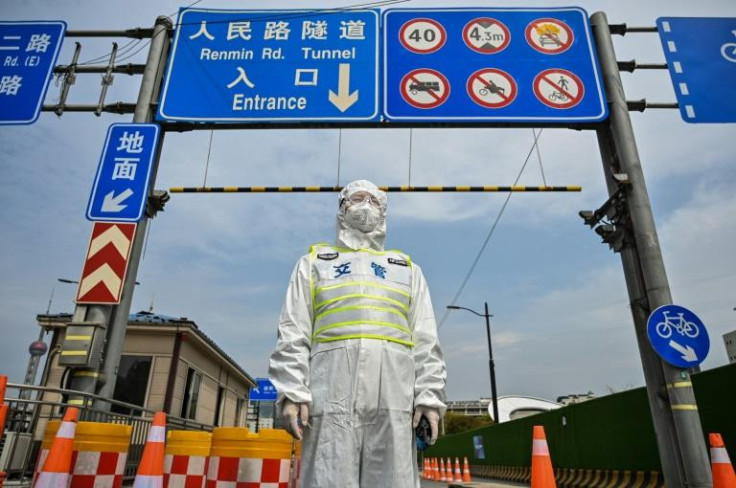Chinese officials apologise for breaking into houses looking for Covid cases
The severe restrictions continue to be imposed despite a relatively low infection rate in the country.
Authorities in the Chinese city of Guangzhou have had to apologise for breaking into the houses of those who had been taken to quarantine in a hotel.
The apology came only after their actions sparked a widespread public backlash. The houses in the Liwan district were opened to find close contacts "hiding inside" and to disinfect the premises.
Chinese publication Global Times reported that the doors of the 84 houses broken into were later sealed and new locks were installed.
The Liwan district government issued an apology, stating that an investigation has been launched into the matter, and that concerned people will be punished for their actions.
China is infamous for its zero-Covid policy and has been imposing severe restrictions on its citizens over the last two years to curb the spread of coronavirus. Despite the strict measures, the policy has not been a complete success, and several Chinese cities have reported major Covid outbreaks.
China has defended its policy by saying that it is helping its system deal with the crisis and preventing it from being overrun.
Over the last few months, several cases of Chinese officials breaking into houses have made it to social media. The authorities have even erected steel barriers in some compounds to stop Covid positive people from leaving their apartment buildings. Many of them have had taken to social media in the last few months to express their protest against the same.
Recently, authorities have barred 2,000 visitors in Beihai from leaving the city after recording more than 500 Covid cases. All of them had to prolong their stay much to their discontent.
The country has been able to vaccinate 90 percent of its population, but the vaccination rate among the elderly is considerably low. The severe restrictions continue to be imposed despite a relatively low infection rate in the country. It reported 935 local cases, including 827 asymptomatic infections on Tuesday.







